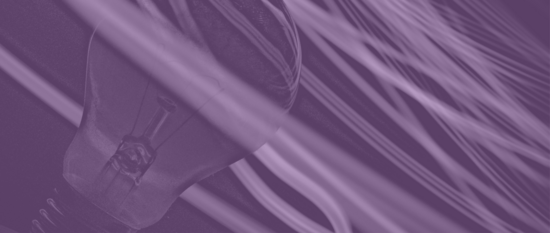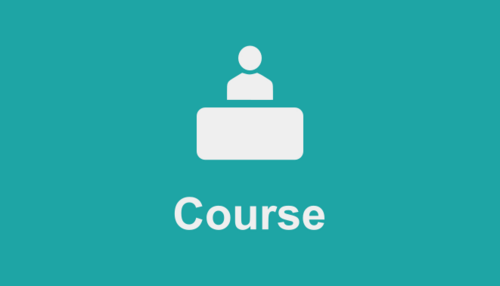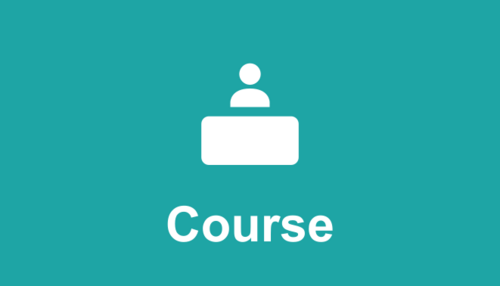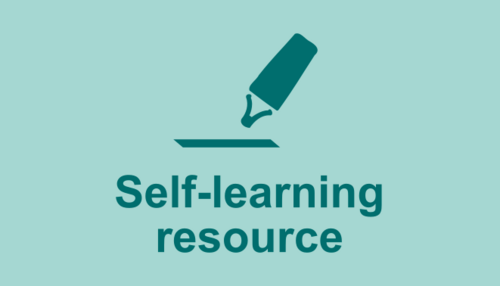
Information resourcesResearch, development and innovation
Digital literacy in the area of development means knowing appropriate the tools and techniques to produce and transform digital artefacts with attention to quality (content in various media, instructions to machines in the form of algorithms, scripts or programs, etc.).
Literacy in the area of research and innovation means the capacity to solve problems, gather evidence and creatively engage in new forms of innovation and research using technology, such as open science, citizen science, or open innovation.
- Instructions on how to use this page can be found on the entry page.
- Send feedback and reports problems to digital-literacies@clutterunibas.ch
Development: resources at the University of Basel

Course on information design
The Educational Technologies offer a regular course on information design to enhance the skills of the University's teaching and administrative staff in this area. The content of this course is also in part accessible as an online learning resource (in German).

Strengthening academic skills
The university offers numerous qualification opportunities to strengthen one's skills in digital production in an academic context (e.g. design thinking, writing techniques, or project management).

Skills for PhD students
The Transferable Skills program offers doctoral students many opportunities to strengthen their own digital production skills (e.g., writing techniques, information design, or filmmaking).
Research and innovation: resources at the University of Basel

Research skills for PhD students
In the Transferable Skills program, doctoral students will find opportunities to strengthen their skills in research, problem solving, and innovation (research techniques, good scientific practice, publication strategies, and career development, etc.).

RISE
RISE (Research Infrastructure & Support) runs crash courses and workshops on various software that support researchers in their work. Furthermore, RISE offers advice on project planning and implementation.

Psychological research
The Faculty of Psychology presents the basic principles and methods of psychological research in this introductory course. The valuable recommendations in the in-house “Tales” format are also useful for other faculties.
Development: further internet resources

Creative Commons Foundation
The Creative Commons Foundation supports open licenses. These allow users to freely copy and distribute written information, artwork, audio and video content in a copyright-compliant manner under certain conditions. Materials under Creative Commons licenses can in some cases also be freely modified and re-distributed.

Introduction to typography
Matthew Butterick offers an introduction to typography and typesetting for English texts on his website. In addition to purely typographic issues, it includes recommendations for designing websites, PowerPoint presentations, and even résumés. The very valuable bibliography lists some of the best resources in the field.
Continue to the next literacy area: Information resources for communication, collaboration and participation
